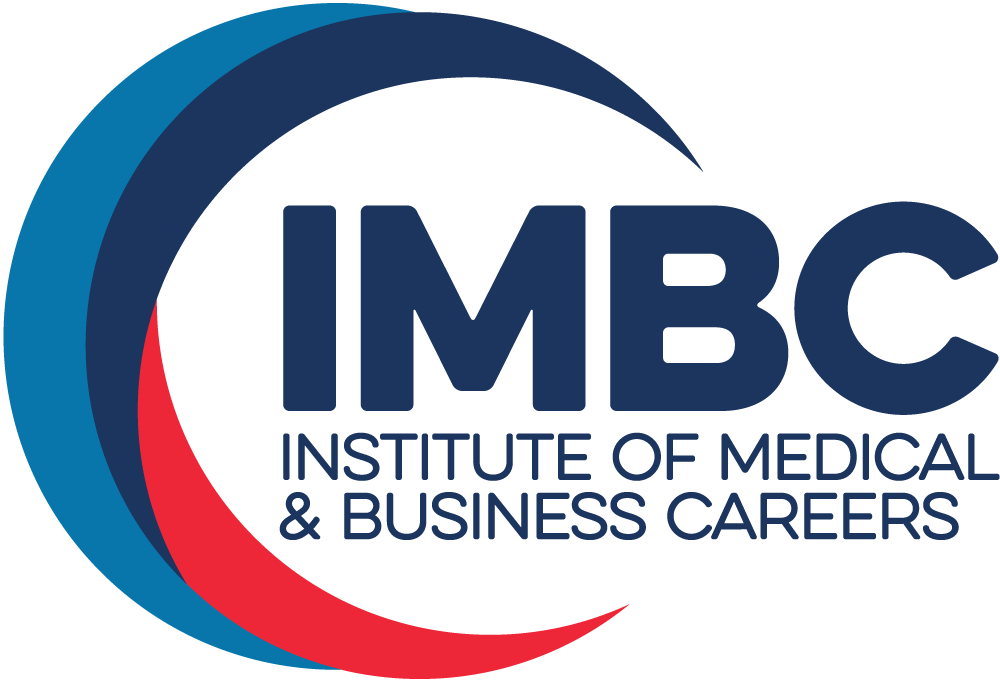Leveraging the power and accessibility of the internet to help students earn a degree from the comfort of their own homes is incredibly empowering.
It is no surprise that online learning is becoming an increasingly popular option among students looking to earn a post-secondary degree. That said, there are many online schools for students to choose from, which can be overwhelming. That is where this guide comes in handy.
This guide will provide you with strategies to choose the best online school for you and your needs. Here’s what you need to know.

What Are Your Needs as a Student?
The most important thing to consider when choosing an online school is whether the school is well-positioned to meet your needs as a student. Enrolling in an online school for any other reason can result in disappointment when the school does not provide resources for career assistance, interview preparation, resume writing, and more. For example, will your school of choice support working parents, military service members, and working adults?
To avoid this disappointment, it is important to evaluate your needs as a student and create a list based on these needs. You can choose an online school based on how well it performs against your list.
That said, there are many factors to consider when choosing an online school. Here are the most important questions to ask yourself when making your decision (you can add your own items to the list as well):
- What are you interested in studying, and what kind of degree/diploma do you want to earn? Does your school have these courses and programs?
- Will you be working while earning your degree? Does your school offer schedule flexibility to support working adults?
- How soon would you like to complete your education? Does your school let you take more than one class at a time, if you desire?
- What resources do you need your school to provide? This includes an online library, tutoring, and professional testing for certifications. Do you need a laptop? Do you need technical support? Does your school provide these?
- What services do you need post-graduation? This includes career counseling, resume preparation help, and interview training.
- What are your financial needs? This includes financial aid in any form, including Federal Pell Grants. Will your school assign you a financial aid resource to guide you through your options, or do you just have to call the main phone number and ask for help?
- Are you an active service member, veteran, or a dependant of one? As a military-affiliated student, will the school be able to support and understand your and your family’s needs? What happens if you move? How will the school support you?
- Is your school accredited by an agency recognized by the U.S. Department of Education?

Once you have the detailed answers to these questions, you will have a solid foundation for determining your needs as a student. From there, you will be able to move into the process of considering schools and comparing them against one another.
What to Know When Choosing an Online School
Now that you are in the consideration stage, you can make informed decisions about what school is best for you and meets all your needs. Using your answers to the questions above, you can create a standard set of metrics to grade a school. It is a great way to visualize a specific online school’s benefits and offerings to compare with others.
That said, there are four areas to consider for each school: available programs, flexibility, time to complete a program, and school resources. Exploring how each school stacks up in these areas will give you a better idea about just what the school can offer you.
Here’s what you need to know about the four areas to research when choosing an online school.
Available Programs
This goes back to your area of interest. What do you want to study and why? Going into your search with a firm idea about what you want to study makes it easy to sift through the mass of online schools. There is no use considering a school that does not offer the program or subject that you want to study.
Moreover, if you find a school with the program you are interested in, you will need to choose the right online degree. Keep in mind that the phrase “online degree” is sometimes used as a catchall term, but we’ll get into the specifics below. Here are the differences between an online diploma, degree, and certification.

- What is a Diploma? Diplomas are earned after completing classes and gaining hands-on experience in a given field or skill. Typically, it takes a year or more to complete.
- What is a Degree? Degrees generally take more than a year to earn and include general education courses in addition to courses related to your chosen field of study. An associate degree typically requires two years of study; though at some schools it can be completed in less time.
- What is Certification? These generally take months, rather than years, to earn. Certificates are earned only after completing classes in a skill or field and do not include general education courses such as English or sociology.
Flexibility
You will likely be managing multiple responsibilities while enrolled in online school and earning your degree. That is why it is crucial to explore the flexibility of any school on your list before making a final decision. This includes researching the online school’s policies regarding attendance, accommodations, and assignments, especially those within your chosen program. Will you be working or caring for a family while attending school? Make sure your online school will support you.
Time to Complete a Program
A part of the flexibility of enrolling in an online degree program is completing the program on your own time, but it is important to understand how long it takes to complete your chosen program. You can use this knowledge to create a plan with a timeline for both your educational and career goals.
You should also consider the number of classes you will be allowed to take at one time. At IMBC, students are typically placed in just two classes a six-week session at-a-time, so you are not overwhelmed. With fewer classes, students have better focus and success. Classes generally span six weeks, which is shorter than many other schools. However, you may also have the freedom to complete the program in your own time if you need to take breaks from your education.

School Resources
You do not want to attend a school that only cares to get you through your program, and then drops off the face of the Earth. Instead, you should prioritize online schools that are committed to your success over the long-term. These schools are usually easy to spot. They typically offer valuable resources and services, including:
- Tutoring
- Mentoring
- Career Assistance
- Internships
- Interview Training
- Resume Writing Workshops
- Job Search Assistance
- Personal Skills Workshops
Earn Your Online Degree with IMBC
When it comes to earning your degree online, IMBC checks all the boxes for students. Not only do we offer a variety of programs, but we have the resources to help support students throughout the process of earning their degrees.
Post-graduation, IMBC students have access to career services to ensure that they are well-prepared when attempting to join the workforce of their chosen field. Dig into IMBC offerings to see if it is the right choice — you will not be disappointed. Get in touch today.
